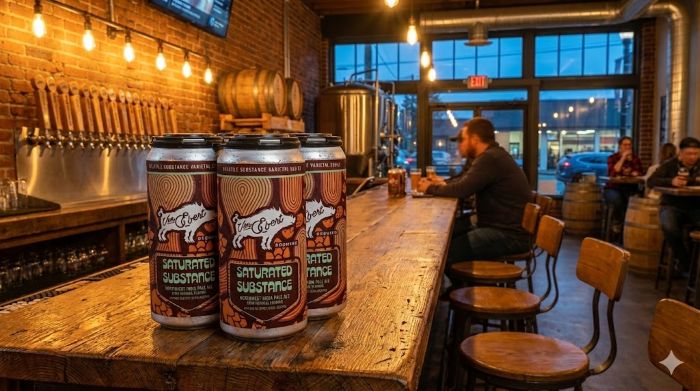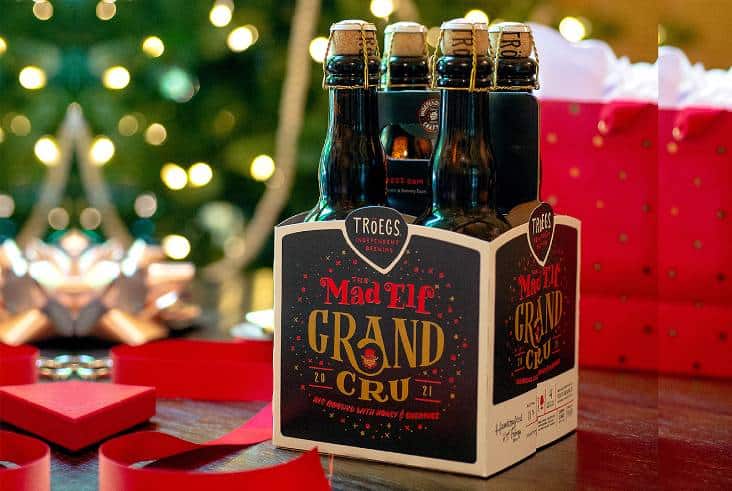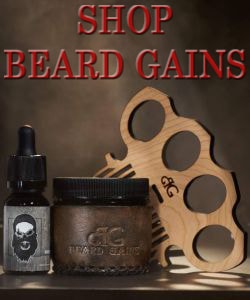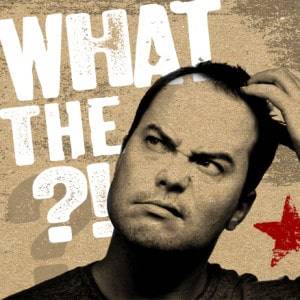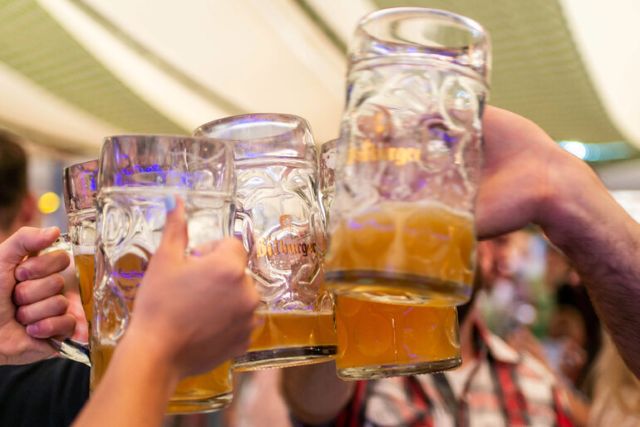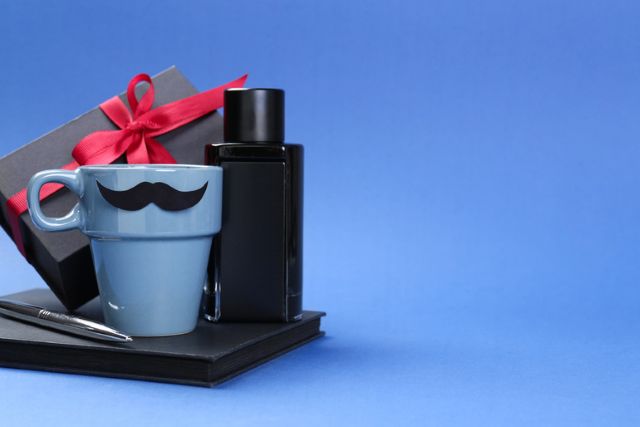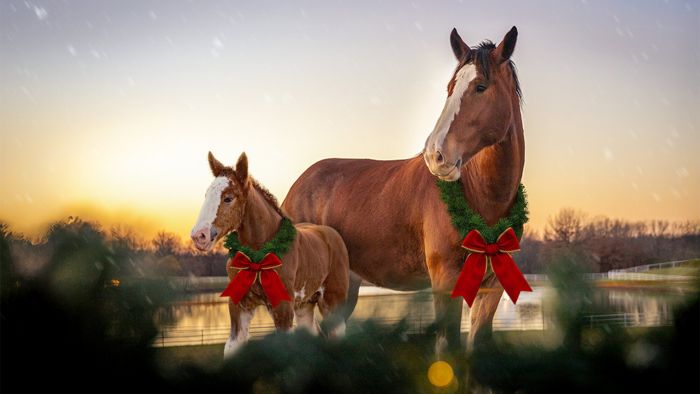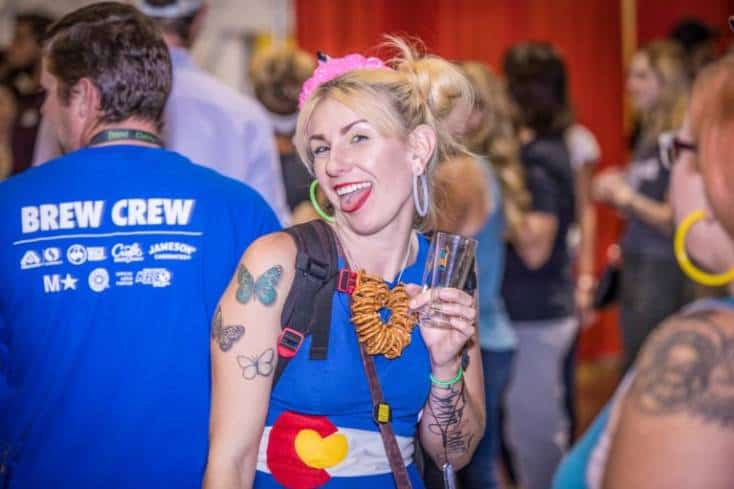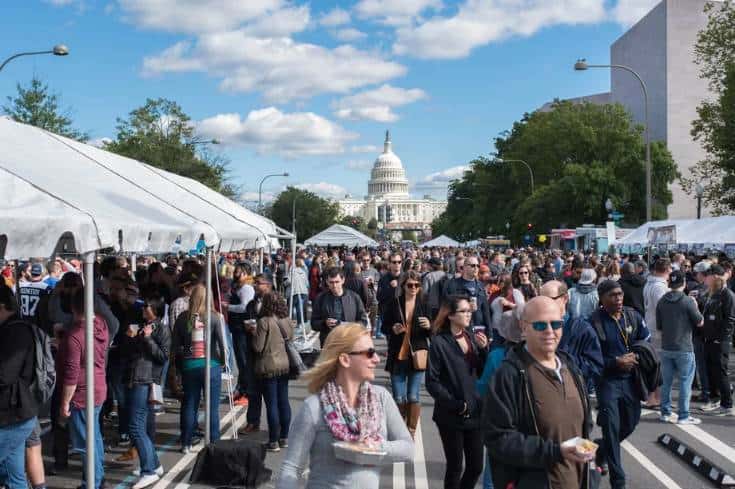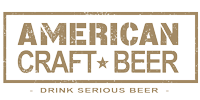James Watt – Life After BrewDog
James Watt – Life After BrewDog
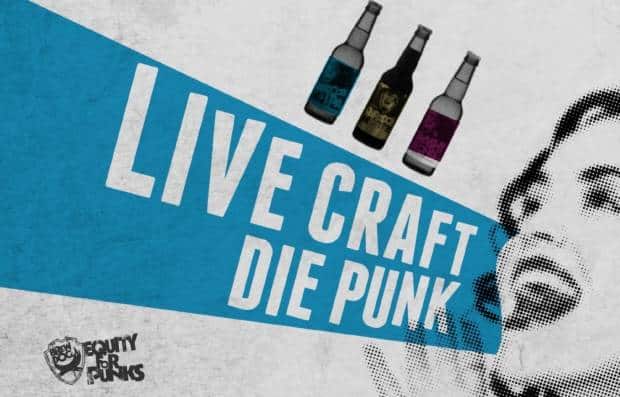
(Courtesy BrewDog)
For nearly two decades, James Watt was synonymous with BrewDog. The craft beer company he co-founded in 2007 with Martin Dickie went from a scrappy upstart in northeast Scotland to one of the most disruptive—and divisive—brands in the global beer industry. Its meteoric rise was fueled by stunts, bold marketing, and beers that dared drinkers to think differently about what was in their glass.
Now, with Watt having stepped away from the brewing empire he helped build, those of us that admire his bold entrepreneurial skills can’t help but reflect on his tumultuous journey…
The Rise of a “Punk” Beer Empire
When Watt and Dickie launched BrewDog in Ellon, Aberdeenshire, they had little more than a small brewing kit, a big vision, and a chip on their shoulder about the traditional beer industry. From the start, BrewDog positioned itself as the anti-establishment alternative to bland lagers and corporate giants.
Their early beers—like Punk IPA—were a direct shot across the bow at Britain’s conservative brewing culture. The brand’s tone was unrelentingly brash, marked by provocative ad campaigns, guerrilla marketing, and a rebellious narrative that resonated with younger drinkers eager for something new.
By 2010, BrewDog was the UK’s fastest-growing food and drinks company. Its “Equity for Punks” crowdfunding model brought thousands of loyal fans into the fold—not just as customers, but as investors. From shipping a taxidermy-stuffed beer called The End of History to driving a tank through London to promote its IPO, BrewDog mastered the art of making headlines.
“We didn’t just sell beer,” Watt recalls. “We sold a story, a movement. People didn’t just want a pint; they wanted to be part of the rebellion.”
Scaling Up—and Selling Out?
That rebellion paid off bigtime!
By the mid-2010s, BrewDog had opened bars across Europe, launched a US brewery in Ohio, and was exporting to dozens of countries. In 2017, private equity giant TSG Consumer Partners bought a 22% stake, valuing the company at £1 billion.
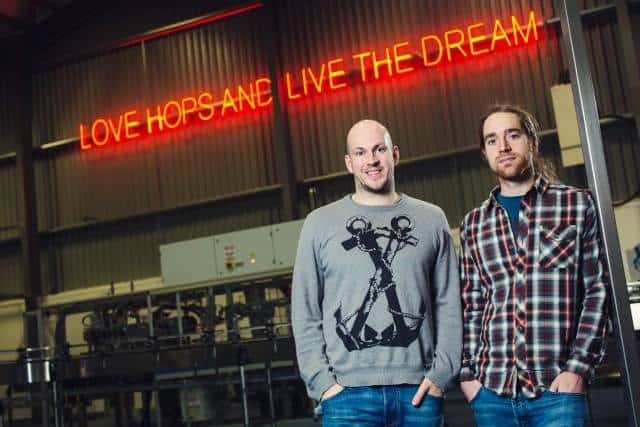
(BrewDog Founders James Watt and Martin Dickie in happier times)
But with scale came scrutiny. Critics argued that BrewDog’s once-punk ethos was giving way to corporate ambition. The brewery that had mocked “big beer” now looked suspiciously like Big Beer.
The cracks deepened in 2021 when a group of former employees published an open letter accusing the company of fostering a toxic workplace culture marked by fear and burnout. Watt himself was singled out for creating what they described as an environment driven by “growth at all costs.”
The backlash was swift and brutal…
Media outlets amplified the complaints, industry peers weighed in, and Watt found himself on the defensive. He apologized publicly but insisted many of the allegations were exaggerated or inaccurate. Still, the controversy left a mark.
“We were growing so fast, and in some ways, the culture didn’t keep up with the company we were becoming,” Watt reflects now. “That’s on me. I made mistakes. But I also think some of what was said lost sight of the thousands of great people who helped make BrewDog what it is.”
The End of an Era
By 2025, Watt had begun the process of stepping back, leaving behind a company that had transformed not just UK brewing, but how craft beer was marketed worldwide. BrewDog’s influence is undeniable: its crowdfunding model inspired copycats, its bars helped normalize craft beer globally, and its marketing rewrote the rulebook for how breweries could connect with drinkers.
But it also left questions about what happens when the spirit of rebellion collides with the realities of running a billion-pound enterprise.
“I don’t regret the journey,” Watt says. “We challenged an industry that needed challenging. We created beers and experiences people loved. But at the same time, I learned how brutal and personal success can get when you’re in the spotlight.”
Life After BrewDog
Life after BrewDog looks different for Watt. He’s no longer waking up to 5 a.m. calls with investors or flying halfway across the world for bar launches. Instead, he’s advising startups, mentoring young entrepreneurs, and exploring new ventures outside of beer. Rumors swirl about projects in hospitality, tech, and publishing.
For now, Watt says he’s enjoying something that eluded him for years: balance. “When you’re running a company like BrewDog, it’s all-consuming. I lived at 200 miles an hour for nearly two decades.”
“Stepping back, you realize how much of yourself you gave up in the process.”
###
Want more on BrewDog saga?
We’ve got ‘em…
BrewDog Admits To Mistakes That Breached US Import Law
